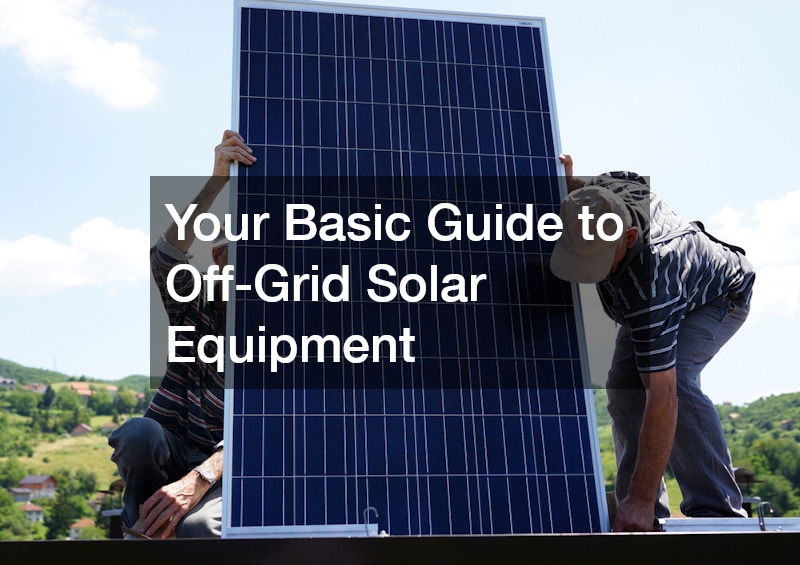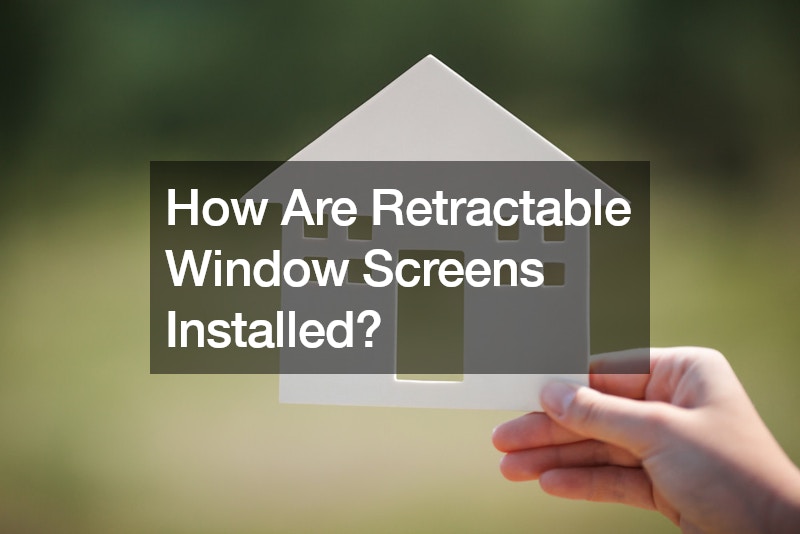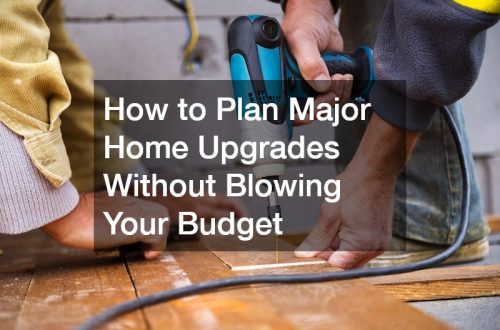
Transitioning to off-grid living requires a solid understanding of the essential solar equipment needed to power your home independently. The most crucial component is the solar panel system, which captures sunlight and converts it into electricity. When selecting solar panels, consider factors like efficiency, durability, and the amount of sunlight your location receives. Monocrystalline panels are highly efficient and ideal for limited spaces, while polycrystalline panels are a cost-effective alternative.
Another key piece of solar equipment is the charge controller, which regulates the flow of electricity from the panels to the battery bank, preventing overcharging and extending battery life. The battery bank itself stores the electricity generated by the solar panels, providing power during periods of low sunlight or at night. Lithium-ion batteries are preferred for their long lifespan and efficiency, though lead-acid batteries are a more affordable option.

Inverters are also essential, as they convert the direct current (DC) electricity stored in the batteries into alternating current (AC), which is used by most household appliances. When designing your off-grid solar system, ensure that the inverter is powerful enough to handle your energy needs. By carefully selecting the right solar equipment, you can create a reliable and sustainable off-grid power system that meets your energy requirements.




